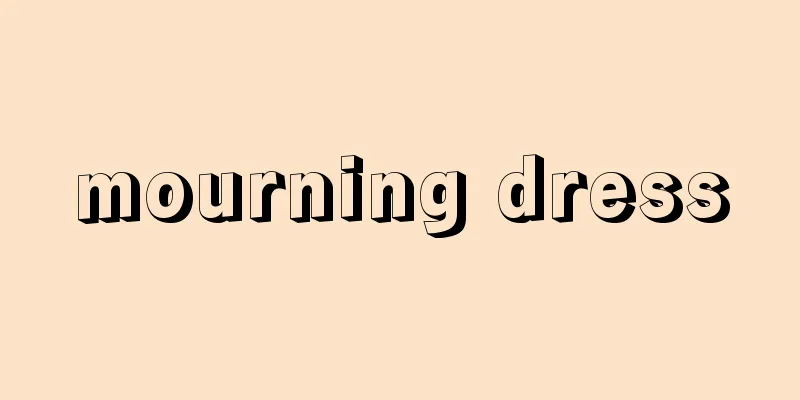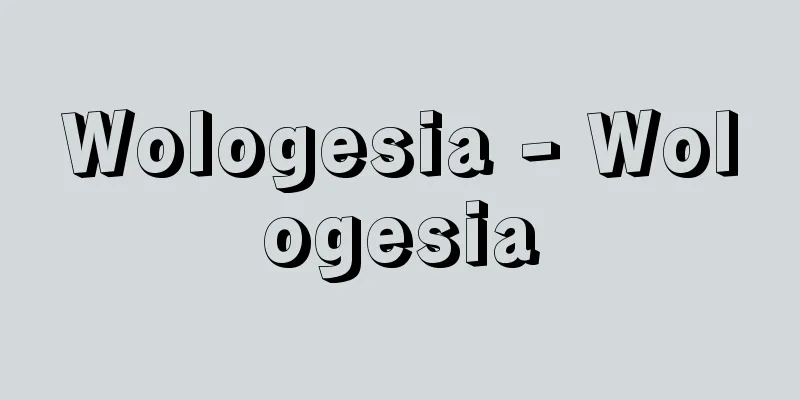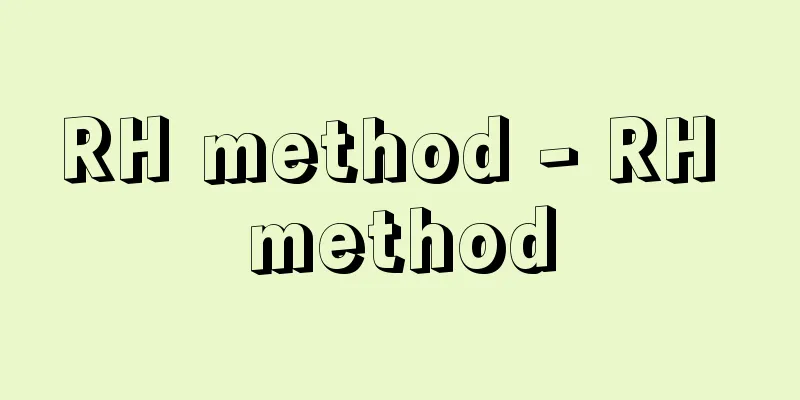czar

|
…the term refers to Russian monarchs from the 15th and 16th centuries onwards. In Japan, it is also called Tsar, based on the English word czar. In Russian, it is also used to refer to monarchs of ancient countries such as Babylonia and Rome, and to eastern countries, and in this case it is roughly synonymous with koroli, which refers to the kings of European countries. *Some of the terminology explanations that mention "czar" are listed below. Source | Heibonsha World Encyclopedia 2nd Edition | Information |
|
…15~16世紀以降のロシアの君主をさす言葉。日本では英語のczarにより,ツァーともいう。ロシア語ではほかにバビロニア,ローマなどの古代国家や東方諸国の君主をさすのにも使われ,この場合にはヨーロッパ諸国の国王をさすコローリとほぼ同義である。… ※「czar」について言及している用語解説の一部を掲載しています。 出典|株式会社平凡社世界大百科事典 第2版について | 情報 |
<<: Czartoryski, AA (English spelling) CzartoryskiAA
Recommend
Lachenalia - Lachenalia
A semi-cold-tolerant bulbous plant of the lily fa...
Painted candles - E-ro-soku
…In contrast, crude candles were made by twisting...
mauve
…He was interested in chemical experiments from a...
Sadakichi Kita
Historian. Born in Tokushima Prefecture. After gr...
Fake medicine
〘noun〙① Fake medicine. ※Yōjōkun (1713) 7 "Pse...
Physiognomy - Physiognomy
A method of judging a person's character, abil...
Morveau, LBGde (English spelling) MorveauLBGde
...Therefore, it is natural that chemists should ...
Barbus tetrazona (English spelling) Barbustetrazona
...Gentle, hardy, and easy to keep. (b) Sumatra b...
Kumazawa Banzan
Year of death: August 17, 4th year of Genroku (Sep...
cocobolo
...It is used for the interior walls of buildings...
Johansen, L.
...A discipline that studies the role of the publ...
Fan Ning (English spelling)
[Raw] Hamkang 5 (339) [Died] Takayasu 5 (401) A Ch...
Pylades (English spelling)
…(3) Daughter of King Agamemnon of Mycenae and hi...
Single blind test
...In other words, the efficacy and safety for th...
Hiroteru Minagawa
1548-1628 * Azuchi-Toyotomi - A military commande...


![Bikini [island] - Bikini](/upload/images/67cc9a945a3c7.webp)






